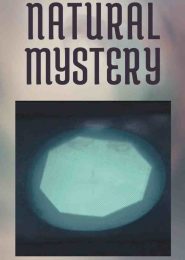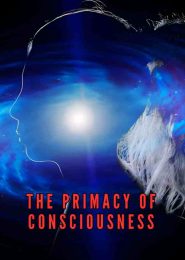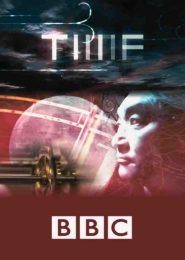Science and Islam (2009)
Science and Islam is a documentary, which sheds light on the remarkable scientific achievements within the Islamic world between the 8th and 14th centuries.
Presented by physicist Jim Al-Khalili, this three-part BBC series reveals the rich legacy of knowledge that flourished during this tumultuous period.
The Islamic empire fostered a culture of learning and innovation. Terms like algebra, algorithm, and alkali—all Arabic in origin—lie at the heart of modern science.
Without algebra, there would be no modern mathematics; without algorithms, no computers; and without alkalis, no chemistry.
The language of science transcended borders, connecting scholars across diverse disciplines.
Al-Khalili travels to northern Syria, where a thousand years ago, the great astronomer and mathematician Al-Biruni estimated the size of the Earth with astonishing accuracy.
Al-Biruni’s work exemplifies the intertwined relationship between science and Islam. His calculations were a reminder to human persistence and meticulous observation.
The Islamic world’s pursuit of knowledge was a cautionary tale for subsequent generations.
Arabic became the common language for scientific discourse. Scholars translated ancient texts, preserving and enhancing knowledge.
The Islamic world’s contributions spanned mathematics, astronomy, medicine, and chemistry. Their discoveries underpin our modern understanding.
In summary, Science and Islam unfold a thread of resilience, discoveries, and scientific inquiry. It’s a reminder to human curiosity and the pursuit of understanding.




